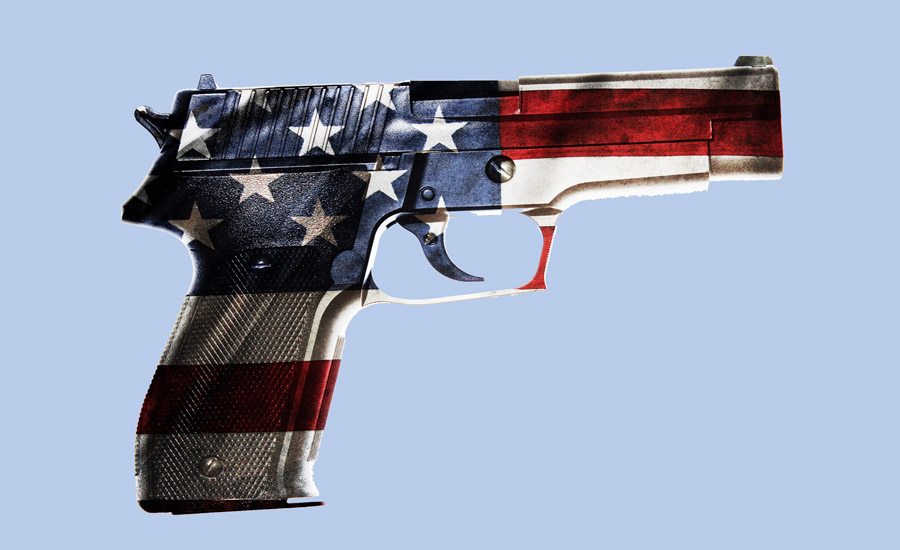With the NRA (National Rifle Association) coming under broad attack following the Las Vegas mass shooting, another unsettling period appears ahead for the gun industry.
In past incidents, including the shooting at Pulse nightclub in Orlando and the Sandy Hook massacre in 2012, demand for firearms jumped over concerns that stricter gun-control laws may be enacted. Both Vista Outdoor and American Outdoor are making acquisitions outside the guns and ammunition space to better balance the politically driven volatility.
Frequently, the industry scrambles to fill that demand but eventually is left with overstocks as gun-control advocates have fallen well short of making any legislative changes against the Republican-controlled House and Senate.
In a twist, November’s surprise election of the Republican Trump has slowed demand for guns as consumers became less worried the government would curtail their ability to purchase firearms. Firearms retailers in the months before the election stocked up heavily in anticipation that Hillary Clinton would win and have spent most of 2017 working down those inventories. Inventories across the marketplace were expected to normalize by around September, but the Las Vegas massacre promises to repeat the cycle with a number of gun-control pleas already being heard by politicians, activists and journalists.
Among those who have called out the NRA following the Las Vegas massacre at a country music festival are Rosanne Cash, singer/songwriter and the daughter of Johnny Cash, who penned an op-ed for The New York Times called “Country Musicians, Stand Up to the N.R.A.” She wrote in part, “For the past few decades, the National Rifle Association has increasingly nurtured an alliance with country music artists and their fans. That wholesome public relations veneer masks something deeply sinister and profoundly destructive. There is no other way to say this: The NRA funds domestic terrorism.”
Among politicians, the attacks were led by statements from former Democratic presidential candidate Hillary Clinton within hours of the attack.
“The crowd fled at the sound of gunshots,” Clinton tweeted. “Imagine the deaths if the shooter had a silencer, which the NRA wants to make easier to get.
“Our grief isn’t enough,” she continued. “We can and must put politics aside, stand up to the NRA, and work together to try to stop this from happening again.”
Market Watch columnist Brett Arends published a column on Monday titled, “After Las Vegas, time for normal gun owners to decide where their loyalties lie: with the NRA, or with the USA.”
“It is time to end the National Rifle Association,” declared GQ host Keith Olbermann.
Daily Mail columnist Piers Morgan attacked the NRA because President Trump didn’t bring up gun control while addressing the violence Monday morning.
“The NRA, a vile organization with a sinister, deadly grip on America’s lawmakers, bought Trump’s silence when they backed him during the election campaign,” Morgan wrote.
For its part, the NRA has remained silent since the massacre, a pattern similar to other cases of mass shootings.
As noted by Fortune, the NRA waited four days to respond to the shooting at Virginia Tech in 2007 and basically offered their condolences. After the Sandy Hook massacre in 2012, the NRA took a week to respond. When it did, NRA EVP Wayne LaPierre blamed violence in video games and suggested more guns would prevent such events. He stated, “The only way to stop a bad guy with a gun is with a good guy with a gun.”
Following last year’s Orlando shooting, the NRA responded in two days and blamed the Obama administration’s “political correctness” because the FBI didn’t arrest the shooter in an earlier investigation.
The NRA, according to multiple reports, also canceled a full week of advertising in Virginia, which was due to start Tuesday ahead of next month’s state elections, because of the incident.
Asked about possible gun control legislation on the day after the shooting, White House Press Secretary Sarah Huckabee Sanders called any discussion of gun control policy premature.
“I think we can have those policy conversations, but today is not that day,” she said.
















